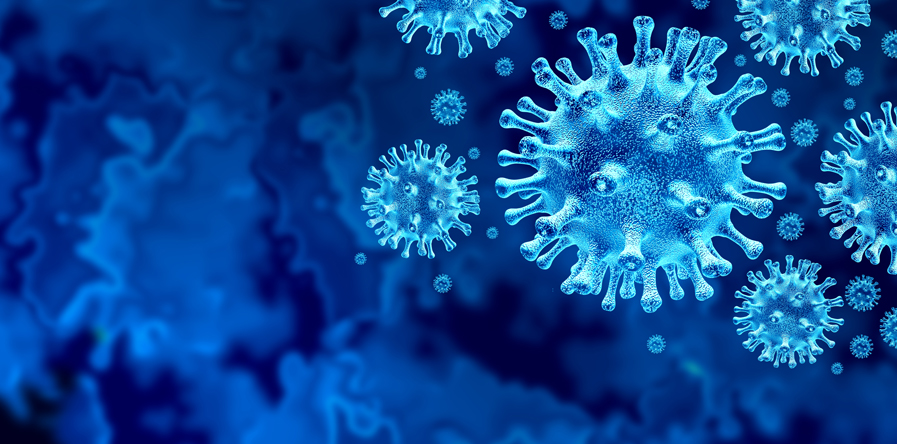For those with mild cases of COVID-19, the key is to get plenty of rest and liquids, as well as to take vitamins and eat a healthy diet, says Dr. Emily Landon, the chief infectious disease epidemiologist at the University of Chicago Medicine.
For severe cases, “there’s no evidence, based on the typical scientific rigor that we demand, for any specific treatment at this point,” says Dr. Albert Ko, department chair and professor of epidemiology at the Yale School of Public Health.
But there are trials underway testing some promising therapeutic options. One has been in the headlines recently: hydroxychloroquine. President Trump has repeatedly touted the drug (currently used primarily to treat malaria and some autoimmune diseases) as part of a possible cure for coronavirus even though experts, including Ko, say there is not enough evidence to currently recommend the treatment. “I have several concerns about the design of those trials,” Ko says, adding that while we know that hydroxychloroquine “suppresses viral growth in the test tube,” we “don’t know exactly why and if it’s going to work in people.” Dr. Anthony Fauci, director of the National Institute of Allergy and Infectious Diseases and member of the White House Coronavirus Task Force, has said the research that produced the data so far “was not done in a controlled clinical trial. So you really can’t make any definitive statement about it.”
Another promising option is remdesivir, an injectable drug developed to fight ebola. “[Remdesivir] is probably the most promising of the drugs that we have available,” says Dr. Emily Landon, the chief infectious disease epidemiologist at the University of Chicago Medicine, but the full scope of its effects won’t be known until further analysis is conducted. Trials for remdesivir are currently underway.
Repurposed drugs like remdesivir and hydroxychloroquine can skip several regulatory steps and go straight to late-stage trials assessing effectiveness whereas new drugs have to face many more regulatory hurdles. (Hydroxychloroquine has already been approved for a number of medical purposes, while remdesivir, though tested as an Ebola treatment, has not yet been approved for anything.) An Emergency Use Authorization issued by the U.S. Food and Drug Administration can speed up the process for newer drugs, though even then, approval typically takes at least six months.—Sanya Mansoor
For more on treatments:

